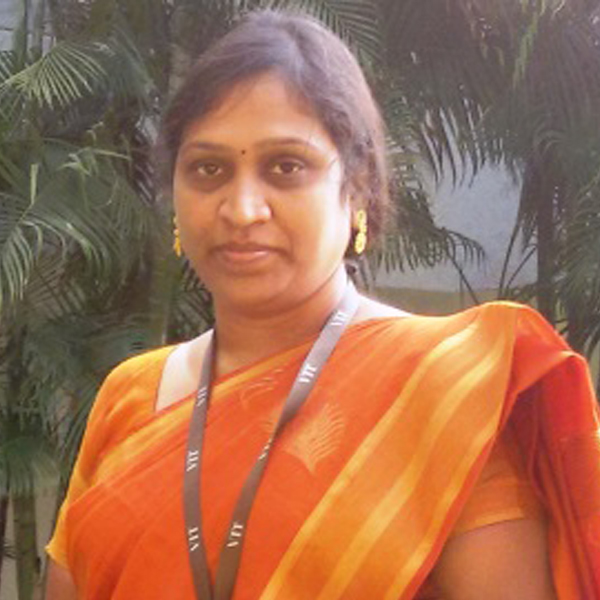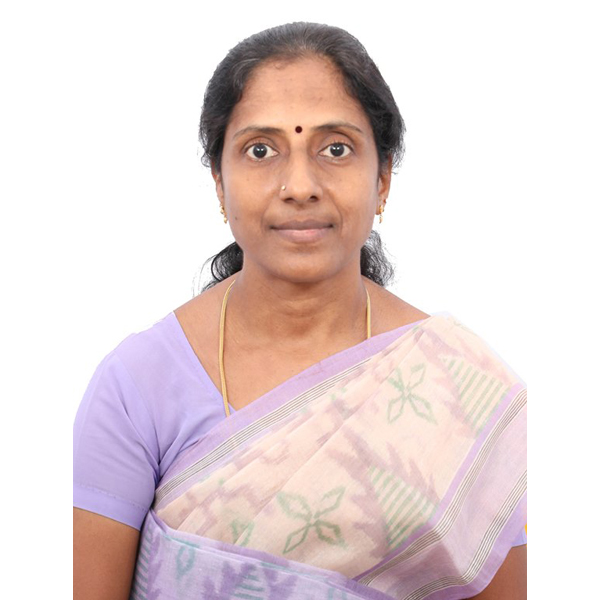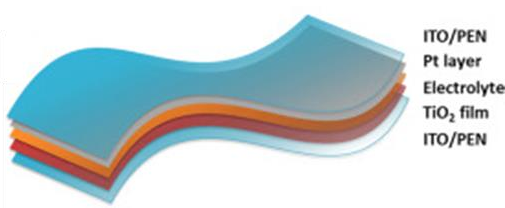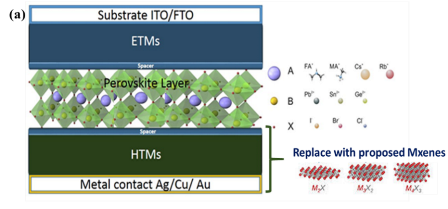PI Name & Affiliation:
Dr. A. Nirmala Grace,
Professor & Director,
Centre for Nanotechnology Research (CNR),
Vellore Institute of Technology, India
Co-PI Name & Affiliations:
Dr. Raja Sellappan,
Associate Professor,
Centre for Nanotechnology Research (CNR),
Vellore Institute of Technology, India
Dr. George Jacob,
Assistant Professor (Sr.),
Centre for Nanotechnology Research (CNR),
Vellore Institute of Technology, India
Dr. R. Vimala,
Associate Professor,
Centre for Nanotechnology Research (CNR),
Vellore Institute of Technology, India
Funding Agency: DST-SERB
Scheme: Core Research Grant
Overlay: Rs. 44,93,300
Duration of the Project: 3 Years

Dr. A. Nirmala Grace
Director - CNR
Dr. Raja Sellappan
Associate Professor
Dr. George Jacob
Assistant Professor (Sr.)
Dr. R. Vimala
Associate Professor
Schematic of Flexible Dye Sensitized Solar Cell

Layer by layer structure of Perovskite Solar Cell
Project Description
There is a huge increase in demand for renewable energy owing to the depletion in the global fossil fuel repository, more importantly the rising concern on environmental contamination and the greenhouse effect. Solar cells are attractive devices that are commercially utilized for large energy demands. Among that, Dye-Sensitized Solar Cells (DSSCs) and Perovskite Solar Cells (PSCs) are attractive devices when compared to the conventional silicon solar cells. In both the types of solar cells viz. DSSC and PSC, around 40% of the cost is estimated to be from the fabrication of counter electrode (Pt in DSSC) and hole transport electrodes in PSCs with Au or Ag as contact electrodes. This project aims to accomplish the following objectives: Synthesis of MXenes (2D-Ti2C, Ti3C2, V2C and Mo2C) as an alternative counter materials for DSSCs and its optimization studies after which the synthesized 2D materials will be tested as an alternative to Pt in DSSCs, fabrication of the best counter electrode as flexible solar cell, use of the same synthesized material as HTMs and metal contacts, as spacer materials for perovskite solar cells (PSCs), testing, fabrication of devices and validation and finally patenting. At the end of the project, two kinds of flexible solar cells will be fabricated; an efficient DSSC with non-Pt counter electrode and a tailor made alternative HTL perovskite cell and contact material replacing conventional materials. The proposed materials will be a viable alternative to Pt in DSSC and due to their tunable work function, the same would be used as HTM in PSCs.